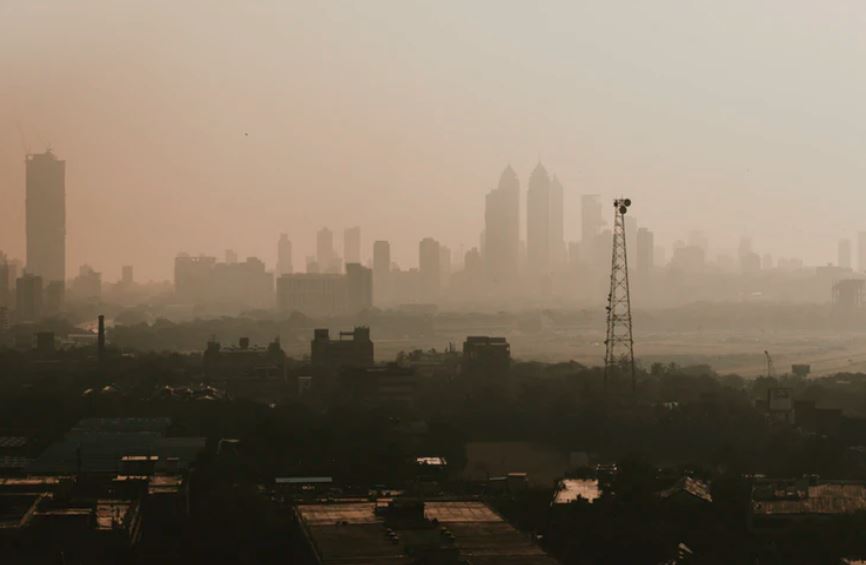If you were of the opinion that air and water pollution alone are hazardous for your health, you cannot be more wrong; noise pollution too has its own perils. In an over-populated country like India, noise disturbance is not uncommon. Yet most of us have either learnt to live with this serious health hazard or never bothered to complain against such nuisances for want of sufficient familiarity with laws or rights. Sources of noise pollution may be blaring music from your neighbour’s home, a loudspeaker or a nearby industry. Generally, the question of complaints against noise pollution arises when the loudness of noise is of high decibel levels. If you have been clueless about what steps you may take to tackle unwanted noise in your vicinity, here are 5 steps to help you out in making complaints:
1) If you are residing within civic limits and are troubled by noise above ambient levels, then the first step to take is to detect the source of noise and find out whether or not the noise violates the guidelines under Noise Pollution (Regulation and Control) Rules, 2000.
2) Approach the district administration and register your grievances. If you are a resident of Delhi, it is even easier to voice your complaint by logging in at delhi.gov.in. It is the duty of the SHO to act on the complaint within 30 minutes of receiving the same. In states like Maharashtra and Karnataka, a resident can even complain anonymously just by dialing 100 and reaching out to the jurisdictional police. If action is not taken, it is best to file a written complaint with the police or district administration. When a complaint is given in written, it is important to mention the exact source of the noise along with the names of those responsible for the same, if known. This makes it easier for the authorities to act decisively.
3) Be sure to submit a copy of the complaint to the Pollution Control Board (PCB), especially if the source of the noise is from an industry or workshop. It helps the police or the district administration to attain the help of the PCB while investigating. If the noise is from an industry or a public address system, technicians of PCB use a sound level meter to read and find out whether or not the noise has exceeded the permissible decibels. Be present at the spot when the case is investigated along with a few other neighbours as witnesses.
4) If the source of noise is other than industrial or construction activity, it is usually taken care of almost immediately by the authorities. However, in case of the other two, a detailed action taken report has to be submitted by the officials of the PCB to the police or district administration on the basis of which, the authorities may take action. This is because the authorities have to take into consideration a host of factors like prior statutory approvals, authorized license under the Factory Act, ‘No Objection Certificate from the municipal corporation or town committee, certificate of ‘Consent to Operate’ from the PCB, prescribed decibel limits for the type of zone as classified by land zoning etc. It is useful to know that the Sub-divisional Magistrate may pass a conditional order U/s 133 of the Code of Criminal Procedure (CrPc) for initiating penal actions or for closing down the defaulting unit.
5) If you are the complainant, you may ask for a copy of the final action taken report on the matter and proceed to court if you are not satisfied with the preventive steps of the authorities.

